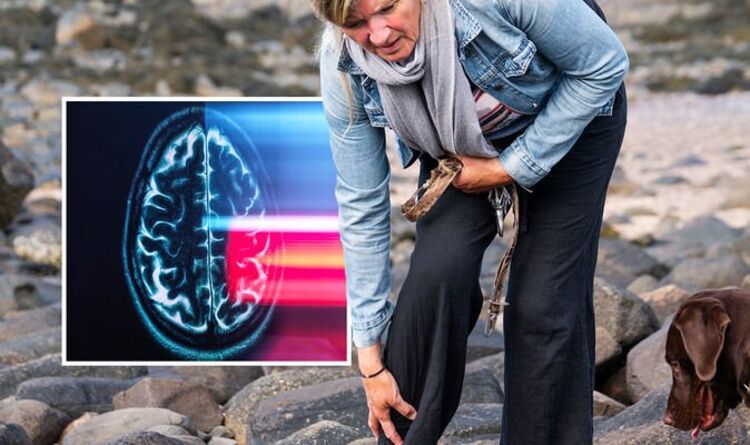

Dementia – a general term for a cluster of symptoms associated with brain decline – afflicts broad swathes of the population as they get older. Spotting the early warning signs is key to adapting your lifestyle and prolonging quality of life for as long as possible. However, impeding this effort is a knowledge gap in the range of symptoms.
Most people point to memory loss as the fateful sign of brain decline but evidence suggests this is not always the first indicator.
Researchers in a study published in the Dementia and Geriatric Cognitive Disorders sought to investigate which symptoms are indicative of preclinical dementia in general practice and whether subjects with preclinical dementia have an increased contact frequency with their general practitioner.
The preclinical stage is often considered the stage occurring before a clinical diagnosis of a cognitive disorder is considered.
To gather their findings, individuals with preclinical dementia and non-demented controls were selected from the Dutch GP registration network (RNH).
READ MORE: Dementia: The food ‘strongly associated’ with cognitive deterioration – limit intake
Gait disturbances are described as any deviations from normal walking or gait.
“Cognitive complaints were predictive for dementia in the three years before diagnosis,” the researchers wrote.
“All other symptoms, except vascular symptoms, were predictive in the year prior to diagnosis.”
According to the researchers, sensitivity was highest for cognitive symptoms and gait disturbances in the year before diagnosis.
They concluded: “Preclinical dementia is associated with an increased contact frequency between patient and GP at least five years prior to the diagnosis of dementia.”
Adding: “Gait disturbances and cognitive complaints are the earliest symptoms of preclinical dementia.”
Why it’s important to get a diagnosis
The NHS explains: “Although there is no cure for dementia at the moment, an early diagnosis means its progress can be slowed down in some cases, so the person may be able to maintain their mental function for longer.
“A diagnosis helps people with dementia get the right treatment and support. It can also help them, and the people close to them, to prepare for the future.”
The health body adds: “With treatment and support, many people are able to lead active, fulfilled lives with dementia.”
Am I at risk?
There are several known risk factors for dementia. Some factors only slightly increase a person’s risk while others make it much more likely that the person will develop the condition.
“For most people, the biggest risk factors for dementia are ageing and genes,” explains the Alzheimer’s Society (AS).
A person’s risk of getting dementia can also be increased by their:
- Gender and sex
- Ethnicity
- Amount of “cognitive reserve” – the brain’s ability to cope with disease
- Other health conditions, if any
- Lifestyle – for example, smoking and excessive alcohol use
- Exposure to air pollution.
“Some risk factors for dementia can’t be avoided – for example ageing and genes,” warns AS.





More Stories
Urgent broadband alert! If your Wi-Fi router is on this list you must update it now
Amazon offers Kindle owners one million books for 99p and that’s not all
‘Large magnitude risk’: Nut eaten by millions may be ‘major’ contributor to mouth cancer